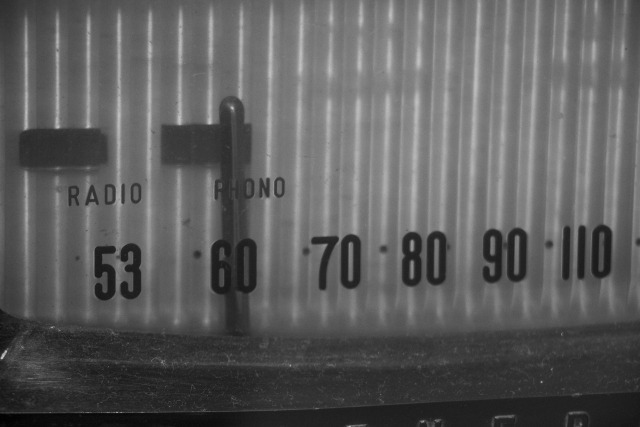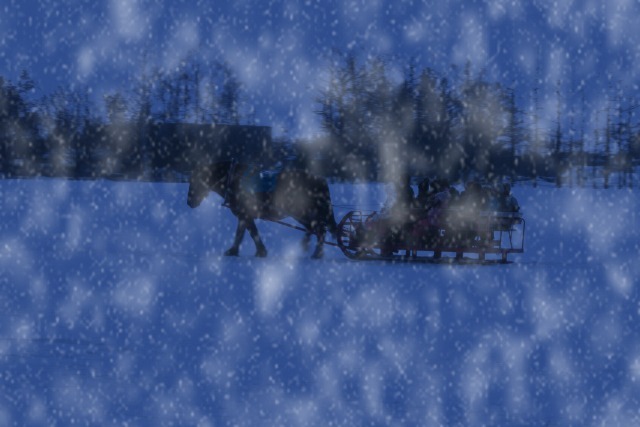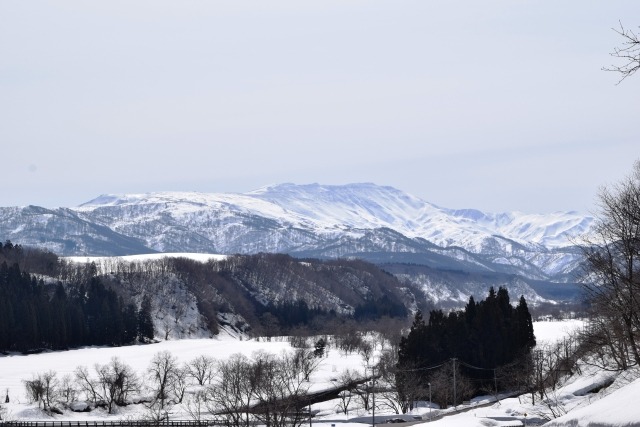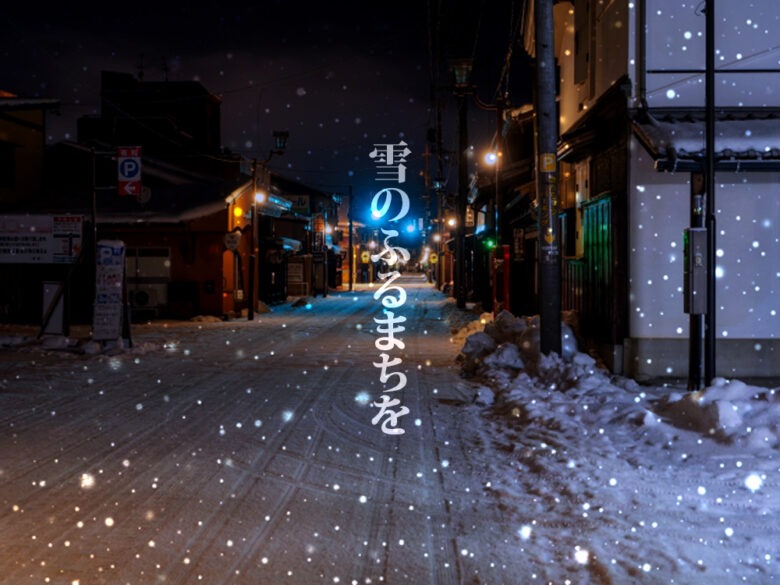Yuki no furu machi wo
Yuki no furu machi wo
Yuki no furu machi wo
Omoide dake ga toori sugite yuku
Yuki no furu machi wo
Tooi kunikara ochite kuru
Kono omoide wo kono omoide wo
Itsuno hika tsutsuman
Atatakaki shiawase no hohoemiYuki no furu machi wo
Yuki no furu machi wo
Ashioto dakega oikakete yuku
Yuki no furu machi wo
Hitori kokoroni michite kuru
Kono kanashimi wo kono kanashimi wo
Itsuno hika hogusan
Midori nasu haruno hino soyokazeYuki no furu machi wo
Yuki no furu machi wo
Ibuki to tomoni komiagete kuru
Yuki no furu machi wo
Dare mo wakaranu waga kokoro
Kono munashisa wo kono munashisa wo
Itsu no hika inoran
Atarashiki hikari furu kaneno neLyricist:UCHIMURA Naoya
Composer:NAKATA Yoshinao
in 1952
In the snowy town
In the snowy town, In the snowy town
Only my memories are passing by
In the snowy town
Falling from a faraway land
These painful memories, These painful memories
Someday I’ll wrap it all up
A warm smile of happiness
In the snowy town, In the snowy town
Only the sound of my footsteps follow me
In the snowy town
I’m filled with a feeling of loneliness
This sorrowful thought, this sorrowful thought
Someday I’ll unwind
A gentle breeze on a green spring day
In the snowy town, In the snowy town
With every breath I take, I feel my thoughts welling up
In the snowy town
No one can understand my heart
this munificence, this munificence
Someday I will pray
The sound of bells with new light falling

Walking through the town where snow falls silently. Does the melancholic melody depict the nighttime scenery? Along with that melody, the lyrics portray the wistful feelings within the heart. However, in the end, it concludes with a modulation that seems to deflect the coldness of the falling snow, evoking a sense of hope. The contrast between this scenery and the emotional tone is likely the reason for its enduring popularity.

Originally, it was hastily created to fill the gaps in radio dramas during downtime. Due to such circumstances, initially, there was only the first verse of lyrics. However, after it was aired, inquiries flooded in, leading to the addition of the second and third verses, ultimately resulting in its release as a record. It became a song sung for a long time, possibly resonating with the Japanese mentality.

While the exact setting of the song is unclear, it is said that the composer, NAKATA_Yoshinao, was inspired during a visit to Tsuruoka City in Yamagata Prefecture. The experience of being swayed through the winter night streets on a horse-drawn sled from the station reportedly sparked the idea.

Written as “Moon Mountain,” it is pronounced as Gassan. Located in Tsuruoka City, Yamagata Prefecture, Gassan is counted among the Dewa Sanzan, a trio of sacred mountains revered in the Shugendo tradition. Recognized for its significance in mountain worship by ascetic practitioners, it has also earned a place among Japan’s 100 Famous Mountains.






コメント